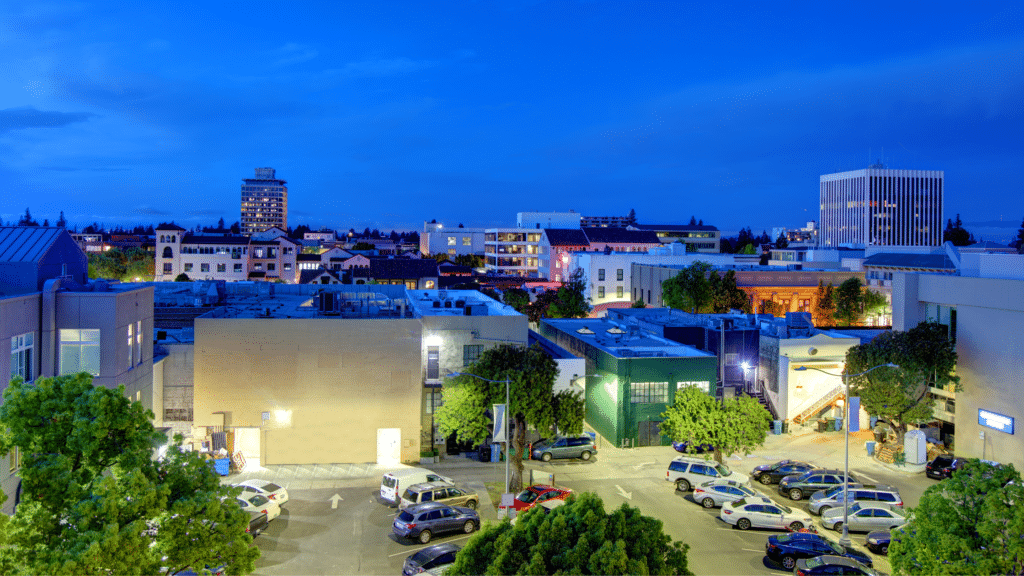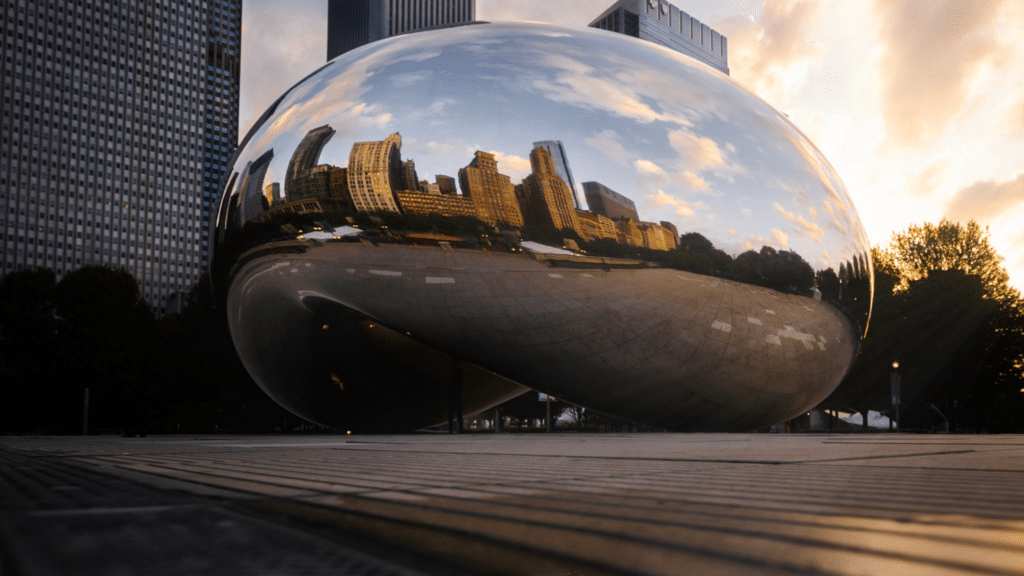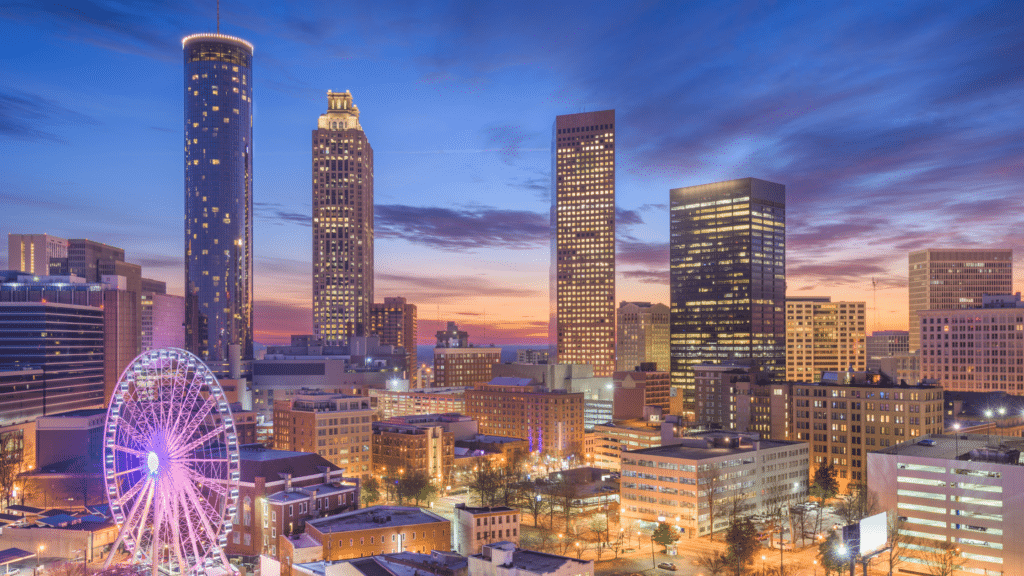Travel Through Europe’s Seasons: Enhancing Your Experience with Local Phrases

Europe is a delightful destination that offers unique experiences throughout the year. Whether you choose to visit during the peak, shoulder, or off-season, each period provides its own charm and set of adventures.
Peak Season (May through September)
Traveling in the summer can be exhilarating. Europe is vibrant with sunny weather, long days, and lively nightlife. Despite the crowds, there are ways to navigate the hustle and bustle while enjoying the essence of each city. One effective tip is timing your visits to popular spots. For example, starting a European journey in early June allows you to explore major attractions with fewer tourists and then spend relaxed family time when areas like Florence and Salzburg are at their busiest.
A key to enriching your travel experience during this bustling time is to learn a few local phrases. Engaging with locals, particularly waiters, waitresses, and hotel staff, in their language can significantly enhance your interactions and ensure you receive the best possible service. Even simple greetings or a thank you can make a big difference in how you connect with the culture and people.
Shoulder Season (April and October)
The shoulder season strikes a perfect balance between the crowded peak and the quiet off-season. You can enjoy good weather and manageable tourist traffic, making it ideal for those who seek a more laid-back travel experience without missing out on warm hospitality.
Destinations like Italy, southern France, and Greece still buzz with activity during these months, offering near peak-season vibrancy without the peak prices. Here too, knowing local phrases can greatly improve your interactions. A friendly exchange in the local language not only shows respect but also often leads to more personalized recommendations and insights from locals.
Off-Season (November through March)
Visiting Europe in the off-season allows you to enjoy a different, more intimate side of its cities and landscapes. With fewer tourists, you can explore major attractions at your leisure and often at a lower cost. Hotels are less crowded, providing a more relaxed experience, and you might find yourself chatting by a fire with a guard in a French château or having a solitary moment in St. Mark’s bell tower in Venice.
During this time, the importance of communicating in the local language becomes even more pronounced. With fewer English-speaking tourists around, using local phrases can greatly enhance your experience, making it easier to navigate and interact in less touristy areas. This is especially useful in small towns or rural areas where English might not be as commonly spoken.
Pack Your Phrases Along with Your Bags
No matter when you decide to travel, taking the time to learn a few phrases in the local language can transform your trip from a simple visit to a memorable engagement with a new culture. This small effort not only enriches your travel experience but also bridges the gap between being a tourist and temporarily becoming part of a community. So, as you prepare for your European adventure, remember to pack a small phrasebook or download a language app—it could be your key to unlocking the true essence of Europe.





